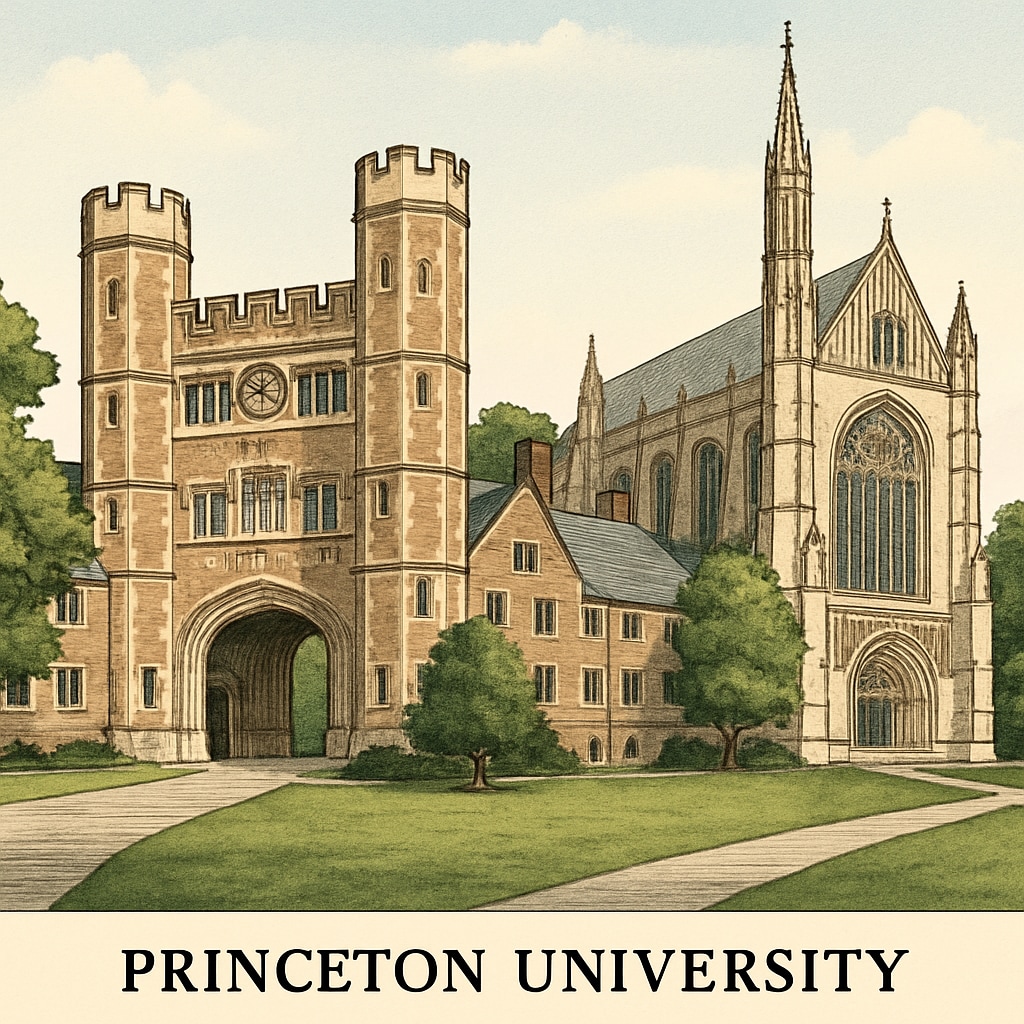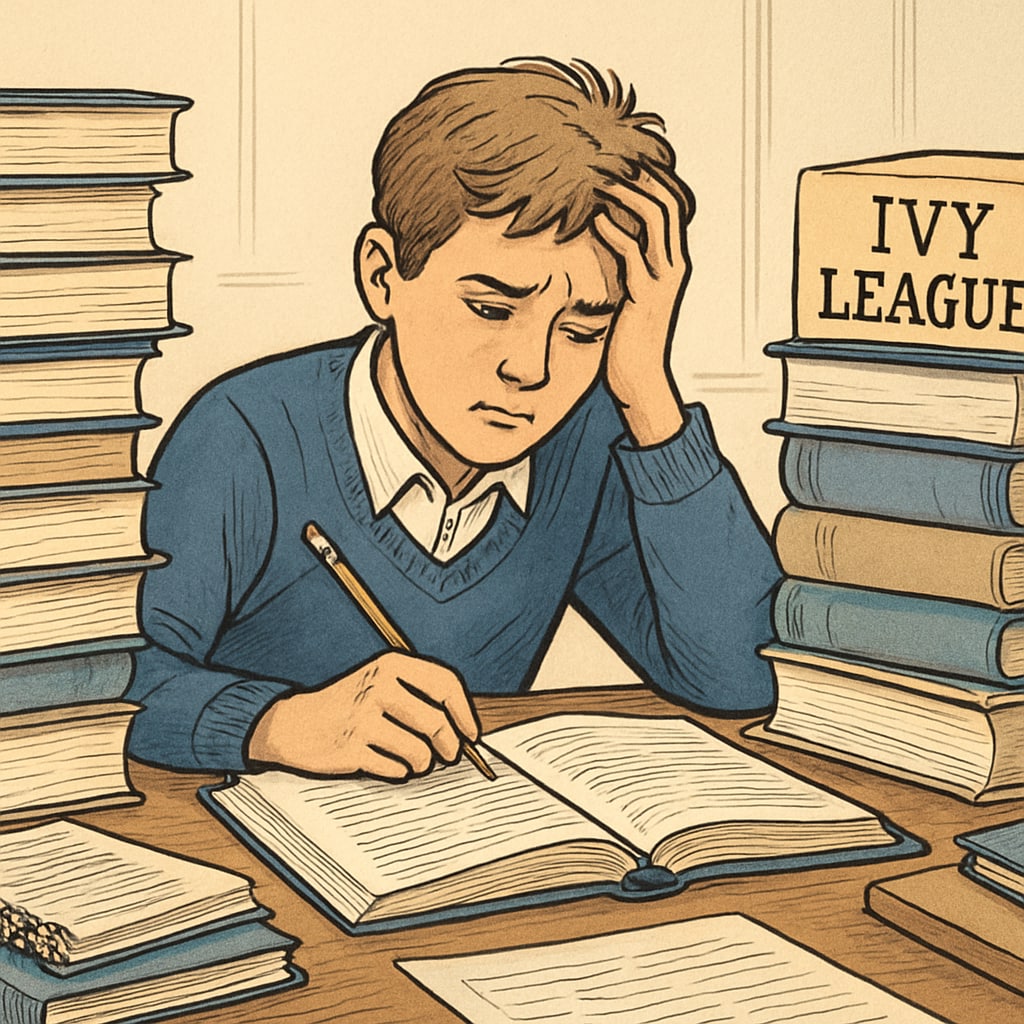The reputation of Princeton and the Ivy League has long been a topic of fascination. However, is this prestige truly deserved, or are these institutions overrated? While no one can deny the historical significance and academic rigor of schools like Princeton, there is growing skepticism about whether their reputation aligns with their actual educational value. Moreover, the culture of “elite school worship” may be adversely affecting K-12 students, pushing them into a high-pressure environment that prioritizes college branding over personal growth and learning.
Reputation vs. Reality: Are Ivy League Schools Overhyped?
The Ivy League, which includes eight elite institutions such as Princeton, Harvard, and Yale, has become synonymous with academic excellence and success. However, critics argue that the prestige of these schools often overshadows their limitations. For instance, a study from Britannica revealed that Ivy League schools, while exceptional in many ways, are not the sole pathway to success. In fact, many non-Ivy institutions outperform them in areas like student satisfaction and cost-effectiveness.
Furthermore, the competitive admissions process often excludes talented students who lack the financial or social resources to navigate the system. This exclusivity raises questions about whether these schools promote true meritocracy or merely perpetuate privilege.

The Psychological Toll on K-12 Students
The obsession with Ivy League schools has trickled down to the K-12 education system, creating undue stress for students. Parents and schools often push children towards Ivy League-level achievements, even at the expense of their mental health. According to a report by the Wikipedia entry on the Ivy League, the pressure to gain admission into these schools has led to an alarming rise in anxiety and burnout among high school students.
Instead of fostering a love for learning, this environment encourages a “checklist mentality,” where students focus on building resumes rather than exploring their genuine interests. As a result, students may enter college without a clear sense of purpose, driven solely by the perceived prestige of their chosen institution.

Rethinking the Value of Elite Education
While the Ivy League undeniably offers valuable resources and networking opportunities, it is essential to question whether these benefits justify the high costs—both financial and emotional. Students and parents alike should consider alternatives, such as public universities or liberal arts colleges, which often provide equally robust educational experiences at a fraction of the cost.
For example, many state universities boast specialized programs that rival those of Ivy League schools. Moreover, these institutions often prioritize accessibility and diversity, offering a more inclusive environment for students from varied backgrounds.
Conclusion: The Need for a Paradigm Shift
Ultimately, the question of whether Princeton and the Ivy League are overrated is less about the schools themselves and more about society’s fixation on exclusivity. By broadening our definition of success and valuing education for its intrinsic benefits, we can create a healthier and more equitable academic landscape. Perhaps it is time to dismantle the Ivy League’s mythic status and focus on what truly matters: the growth and potential of every student.
Readability guidance: This article maintains short paragraphs, uses lists to summarize key points where applicable, and incorporates transition words like “however,” “therefore,” and “in addition” to ensure smooth reading. Long sentences are limited, and passive voice is avoided where possible.


